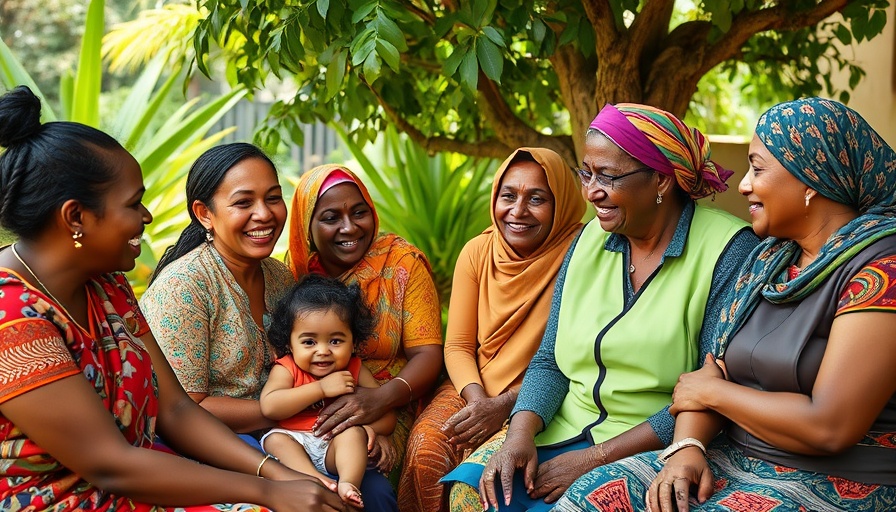
The Unfolding Crisis: Drought and Its Impact on Stability in Lebanon
Recent discoveries by peacekeepers in southern Lebanon, where an extensive cache of weapons was unearthed, signal growing instability in a region already threatened by severe drought conditions. This situation raises profound concerns not just for Lebanon but also for the dynamics of trade and governance across Africa and the Middle East, particularly as global climate challenges intensify.
Global Implications for Africa's Economy
As countries grapple with staggering droughts, particularly in the Horn of Africa, the consequences spill over into global economic relations. The challenge of food security in Africa is pronounced, and with Lebanon being a nexus for geopolitical tensions, the implications for African nations involved in trade with the Middle East could be significant. Business leaders must consider how resource scarcity in one region may affect global supply chains and economic stability in another.
Diplomatic Concerns: Weapons and Governance
The discovery of weapons evokes fears regarding the potential for escalating tensions within Lebanon and its neighboring regions, impacting diplomatic relations that are critical to African nations as well. Countries like Kenya and Ethiopia, which have historically relied on stability in nearby regions for trade routes, might face challenges in their foreign relations strategies should conflicts emerge from these developments.
Future Predictions: What Lies Ahead for African Foreign Relations?
In the face of environmental crises and regional instability, Africa must navigate its foreign relations with care. The intersection of climate challenges with geopolitical tensions may prompt re-evaluations of alliances and trade partnerships, particularly with major players like China and the EU, who have vested interests in the region's stability. As Africa seeks to assert itself within frameworks like BRICS, understanding these geopolitical intricacies will become vital for policymakers.
Stay Ahead with Insights on African Dynamics
Keeping abreast of these developments can provide crucial insights for investors and leaders. Understanding how geopolitical tensions in Lebanon can affect African economies and governance structures is key to adapting strategies in this increasingly interconnected world.
 Add Row
Add Row  Add
Add 


Write A Comment